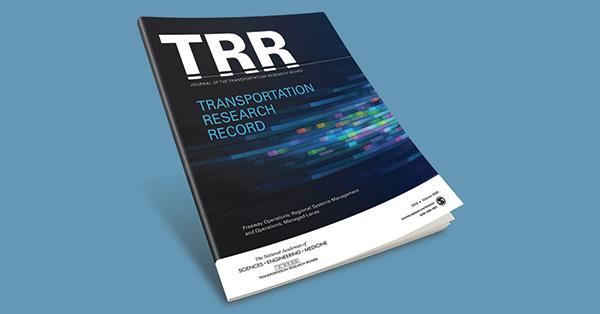The Journal of the Transportation Research Board, the “Transportation Research Record”, published the paper “Simulation of the Impacts of a Zero-Emission Zone on Freight Delivey Patterns in Rotterdam” by Delft University of Technology, Significance, and the City of Rotterdam.

How is HARMONY supporting Rotterdam?
Rotterdam has committed to reducing CO2 emissions by 49% by 2030. As part of a broader vision for emission-free city logistics, the city of Rotterdam plans to introduce a Zero-Emmission Zone (ZEZ) in combination with urban consolidation centers (UCCs) on the outskirts of the city to generate a shift to zero-emission vehicles.
Urban freight is one of the domains covered in HARMONY, and for this domain a Tactical
Freight Simulator (TFS) is being developed and applied to the use case of a ZEZ. As a case study, HARMONY implemented
heterogenous transition scenarios for each logistic segment into the TFS and analyzed the
systemwide impacts. This model is multiagent, empirical, and shipment based and simulates
long-term and short-term tactical choices.
What have we learnt?
Results confirmed that emissions reduced dramatically, by 90%, inside the ZEZ. At the city
scale, this corresponds to a reduction of almost 10%, as most freight-related traffic is generated
by the port and involves long-haul heavy goods vehicle transport that does not enter the city
center.
Another interesting finding was a small increase of +0.25% in vehicle kilometers traveled
overall, which can be attributed to the rerouting of shipments through the UCCs.
Finally, the HARMONY’s TFS proved effective in addressing a complex ZE city logistics scenario, with
UCCs and transitions in vehicle type. The level of detail in the multiagent model also permits
assessment of different transition paths to ZE vehicles for each logistics segment, to better
account for the heterogeneity in preferences of different actors. This provides a better empirical
basis for informed decision-making.
However, to achieve this policy objective, more measures are needed, for instance to decarbonize long-haul freight transportation, which constitutes a large part of the emissions in the study area.
You can read the full paper on the HARMONY publications webpage. Follow our Twitter and Linkedin to keep updated with future events.